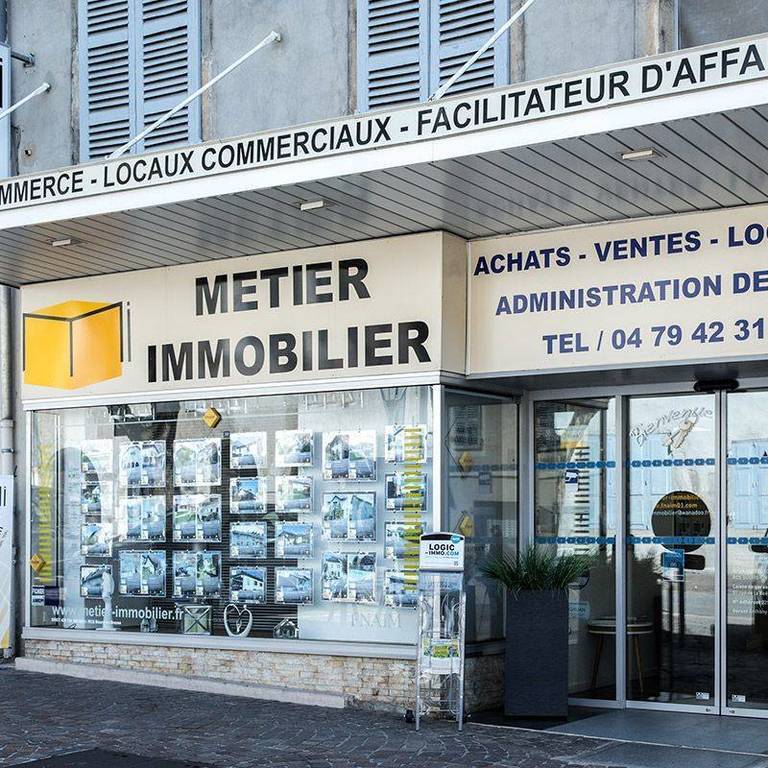Energy-hungry buildings are sources of energy waste, discomfort, and greenhouse gas emissions. In response to the climate emergency, the government has reacted by implementing several measures, aimed at encouraging the energy renovation of housing while ensuring the safety of tenants.
Green value, a key criterion for tenants and owners
Energy-hungry homes are less attractive to potential buyers and tenants, as energy bills are higher. They are often willing to pay more for an energy-efficient home, thus allowing them to save on their bills and contribute to the fight against climate change.
In addition, government regulations and construction standards in terms of energy efficiency are tightening, which can make energy-hungry homes obsolete in the future and reduce their value in the real estate market. Finally, energy-hungry homes may also be less attractive to investors, due to their maintenance and renovation costs.
Destabilized real estate market?
A direct consequence of the Climate Law: investors are shunning energy-hungry homes, even those classified as F, which can still be rented until 2028.

However, this is an opportunity to buy a property at a more advantageous price and to be able to carry out work in the coming years before the ban on renting is implemented. An ideal solution to avoid any rush, to be able to put together a stable financing file, and to increase the value of one's assets over the long term.
The gradual implementation of rental bans furthermore discourages some owners, who prefer to sell their property rather than carry out renovation work, due to lack of time or budget. Thus, the rental offer is reduced.
Investing in a property with renovation work: what are the advantages?
Investing in a property requiring renovation work can offer several advantages, including a purchase price below the market, with a stronger margin for negotiation. Indeed, a poor energy rating can be a barrier to sale, which is why the margins of negotiation are more significant on homes classified F and G.
If the work is carried out carefully and the property is well renovated, there can be a significant long-term increase in value. It is also an opportunity to carefully fit out the home to appeal to prospective tenants. In addition to the advantage of being able to benefit from aid to renovate it, investors can have significant tax advantages when buying an older property to renovate.
Owner: how to continue renting out a property in 2023?
Renting out an energy-hungry property can become increasingly difficult as energy efficiency regulations are strengthened. However, it is possible to take certain measures to minimize the impacts of these regulations, including:

Reduce energy bills by installing LED bulbs, programmable thermostats, etc.

If you are renting a furnished property, you can provide energy-efficient equipment. This can help reduce the overall energy consumption of the home and improve its profitability.

Consider work such as installing solar panels or insulating the home to reduce heat loss.









